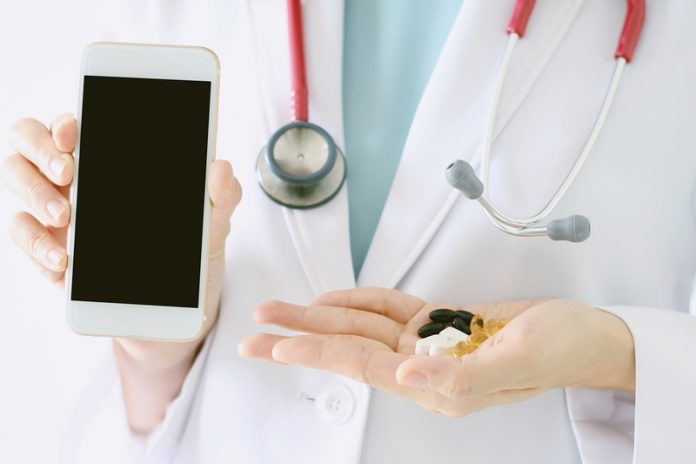Chris Sullivan, Global Healthcare Practice Lead at Zebra Technologies explores how mobile technology will improve future global healthcare provision
The global healthcare industry faces many challenges today. These range from managing an increasingly aging population, staff shortages and rising costs to deliver vital cover. A new silver bullet is needed to support healthcare delivery. This silver bullet may come as a surprise as it is in the form of a technological solution. Clinical mobility is a term for the use of mobile devices such as handheld mobile computers, tablets and mobile printers in hospitals to improve service delivery.
Clinical mobility covers a wide range of beneficial applications, from improving communication between staff, to providing better access to medical records and speeding up the delivery of lab results. It also covers monitoring patients through biomedical devices and monitoring equipment, including using data provided by patients with wearable technology.
Is there a demand for clinical mobility?
The idea of deploying clinical mobility is all well and good, but are patients and end-users willing to embrace this new “digital” world? The answer is yes. According to Zebra Technologies’ 2022 Hospital Vision Study, which combines three global research surveys, focusing on nursing managers, patients and IT decision makers, 77% of recently hospitalised patients said they felt positive about clinicians using mobile devices in their care.
What is positive is that 95% of patients surveyed were willing to share their health metrics, collected from wearables. With clinicians to improve medical services, this represents a game-changing attitude to future healthcare delivery.
With an appetite for clinical mobility blatantly clear, its implementation and strengths fall into two key areas: elevating patient care and expanding the use of mobile devices.
Elevating patient care
The use of mobile devices can help to improve patient care through the reduction of preventable medical errors, better staff communications and decreased cost of patient care. Zebra’s research has found that 72% of hospitals cite improved quality of patient care as a direct result of clinical mobility.
Nursing managers and IT decision-makers are confident that clinical mobility can reduce errors in relation to patient care. This is very important when it comes to monitoring performance-related medical targets.
By 2022, 91% of nurses expect to spend less time away from patients thanks to mobile access to electronic health records (EHRs) (91%), medical and drug databases (92%), and lab diagnostic results (88%). This is important as nurse/patient interaction is being squeezed in an ever-stressful global healthcare system.
Expanding use of mobile devices
In today’s global healthcare market, gains in clinician productivity and convenience are driving the rapid expansion of mobile technology use throughout hospitals. It is estimated that by 2022 nearly all hospitals estimate that the use of mobile devices will be standard across departments. Interestingly, this rapid growth includes areas where mobility is already widely used, with deployment among bedside nurses rising from 65% to 95%, but even more impressive growth in other areas of care. The most dramatic rise is expected among intensive care nurses (38% rising to 93%) and operating room/catheterization lab nurses (36% rising to 91%).
The future
As the global healthcare industry faces an unprecedented number of challenges, from aging populations and staff shortages to rising costs, mobility is rapidly emerging as the desired solution of nurses, IT professionals and patients.
It is encouraging to know that patients themselves are encouraged and enthusiastic about mobility to tackle the problem of delivering healthcare today. It shows that there is a growing association with receiving the best standard of treatment.
The global healthcare industry must embrace and invest in purpose-built, smart mobile communication devices if it is to improve patient experiences, nurse satisfaction and hospital efficiency to provide adequate health services under tight financial budgets. We believe clinical mobility is essential for the healthcare sector becoming more efficient and effective while enabling healthcare professionals the best means to help people.
In the future, 98% of IT decision-makers expect predictive analytics and early notification of life-threatening conditions, such as sepsis and hospital-acquired infection, will be sent to clinicians’ mobile devices. Analytics will play a big part in the healthcare system of the future. The benefits of analytics in healthcare include better doctor-patient interaction and driving cost-savings and efficiencies.
For more information, visit http://www.zebra.com.











